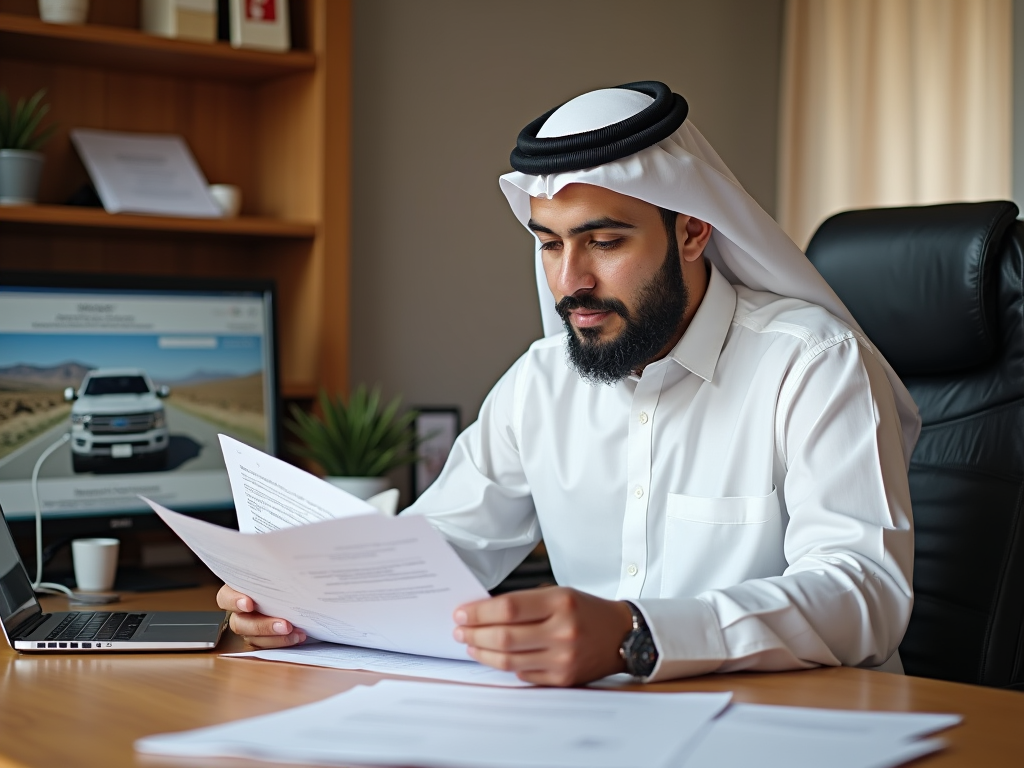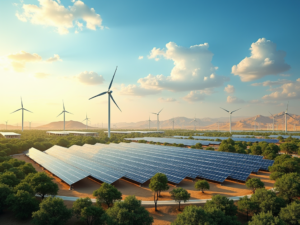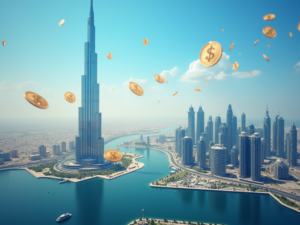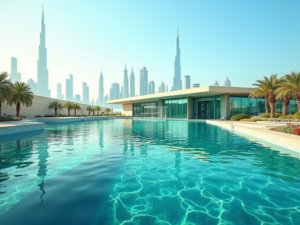The Growth of Dubai’s Renewable Energy Financing Market
The renewable energy financing market in Dubai has experienced remarkable growth in recent years, driven by a combination of governmental support, ambitious sustainability targets, and increasing investor interest. As the UAE aims to diversify its energy sources and reduce its reliance on fossil fuels, Dubai has emerged as a key player in shaping the future of energy in the region. This article explores the factors contributing to the rapid expansion of renewable energy financing in Dubai, highlighting unique initiatives, financial structures, and the potential for future investments.
Government Initiatives and Strategic Vision

The Dubai government has established a clear vision to transition toward renewable energy, as demonstrated by the Dubai Clean Energy Strategy 2050. This strategy aims for 75% of the emirate’s energy to come from clean sources by 2050, positioning Dubai as a global center for clean energy and green technology. Notable initiatives include the Mohammed bin Rashid Al Maktoum Solar Park, which is set to be one of the largest solar parks in the world upon completion. The financing mechanisms for such ambitious projects are crafted to attract both local and international investment. The government has also implemented several policies that enhance the investment climate, such as:
- Tax incentives for renewable energy projects.
- Streamlined approval processes for project development.
- Public-private partnerships that share risks between the government and private investors.
- Support for research and innovation in renewable technologies.
- Commitments to sustainability that align with global climate goals.
Attracting Private Sector Investment
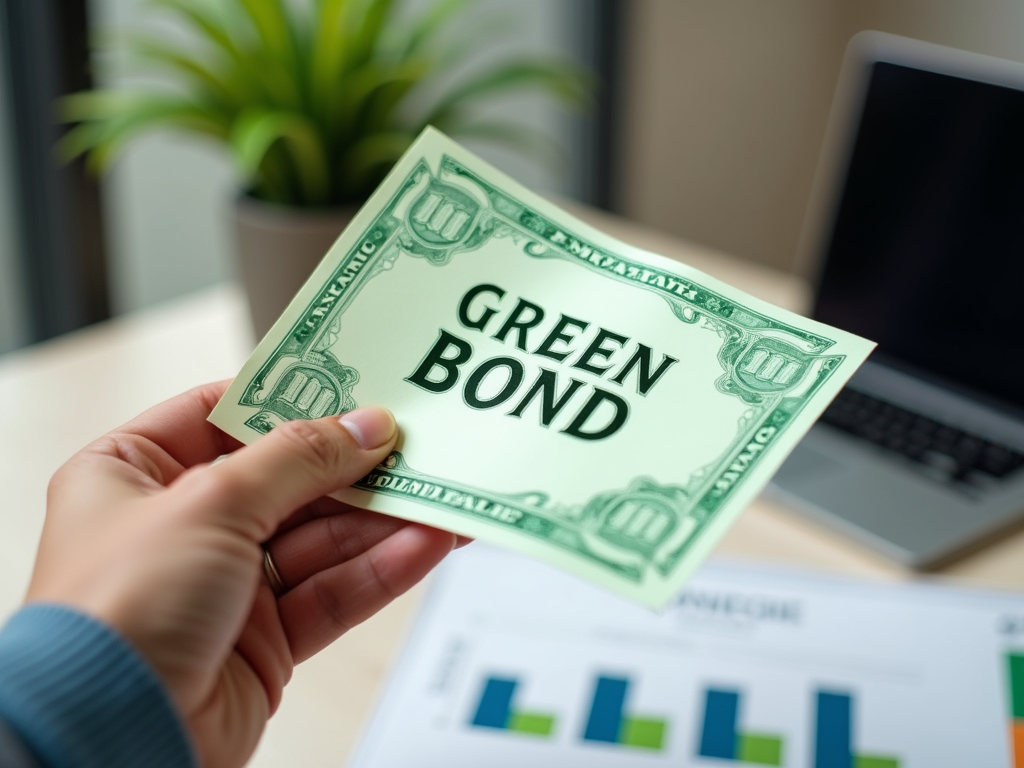
Dubai’s renewable energy financing market is increasingly attractive to private investors due to its competitive tariff structures, transparent regulatory environment, and promising return on investments. The Abu Dhabi Investment Authority and other sovereign wealth funds are actively seeking opportunities in the renewable sector, indicating robust interest from institutional investors. The trend of green bonds is also gaining traction, allowing companies to raise capital specifically for environmentally sustainable projects. This financing avenue not only enhances project funding but also aligns investors with Dubai’s sustainability goals. In addition, international energy companies are drawn to Dubai for its strategic location and world-class infrastructure, further supplementing investments in renewable energy initiatives.
Several innovative financing models have emerged in Dubai’s renewable energy market, enhancing the feasibility of large-scale projects. These models serve various player interests and needs in the energy sector. Some prevalent financing mechanisms include:
- Power Purchase Agreements (PPAs): Long-term contracts that offer price stability and revenue certainty for investors.
- Green Bonds: Bonds specifically earmarked to fund projects with positive environmental impacts, appealing to socially conscious investors.
- Sale of Carbon Credits: Monetizing carbon credits has become an attractive financial incentive for renewable energy projects.
- Access to Development Banks: Financial support from institutions like the Islamic Development Bank and World Bank facilitates large donations for impactful initiatives.
Challenges and Opportunities Ahead
Despite the encouraging growth, challenges remain in Dubai’s renewable energy financing market. These include competition from low-cost fossil fuels, limited grid infrastructure for renewable energy integration, and fluctuating global market conditions. However, these challenges come hand in hand with significant opportunities. Technological advancements and economies of scale in renewable energy are driving down costs, making renewables an increasingly viable alternative to fossil fuels. Furthermore, as global demand for clean energy rises, Dubai could position itself as a key exporter of renewable electricity and technology. It is crucial for stakeholders, including the government and private investors, to collaborate closely, leveraging their strengths to overcome existing hurdles and optimize potential growth in the sector.
Conclusion
The renewable energy financing market in Dubai is poised for monumental growth, fueled by strategic government initiatives, a conducive investment climate, and innovative financing models. As the emirate moves towards its ambitious clean energy targets, a robust partnership between the public and private sectors will be essential to overcoming challenges and seizing opportunities. As Dubai continues its transformation into a sustainable energy hub, the implications for economic diversification and environmental stewardship extend well beyond its borders.
Frequently Asked Questions
1. What is the Dubai Clean Energy Strategy 2050?
The Dubai Clean Energy Strategy 2050 is a strategic initiative aimed at increasing the share of clean energy in Dubai’s energy mix to 75% by 2050, promoting sustainable energy solutions and reducing reliance on fossil fuels.
2. What role does the Mohammed bin Rashid Al Maktoum Solar Park play?
This solar park is central to Dubai’s renewable energy strategy, designed to produce 5,000 megawatts of solar energy by 2030, contributing significantly to the emirate’s clean energy goals.
3. How does Dubai attract private sector investment in renewable energy?
Dubai attracts investment through competitive tariff structures, transparent regulations, and various incentives like tax breaks and streamlined project approval processes.
4. What innovative financing models are utilized in Dubai’s renewable energy projects?
Innovative financing models include Power Purchase Agreements (PPAs), green bonds, carbon credits, and support from development banks, all aimed at making projects financially viable and attractive to investors.
5. What are the future prospects for Dubai’s renewable energy market?
The future of Dubai’s renewable energy market looks promising, with potential for technological advancements, growing global demand for clean energy, and continued government support, making it a focal point for sustainable energy development in the region.
